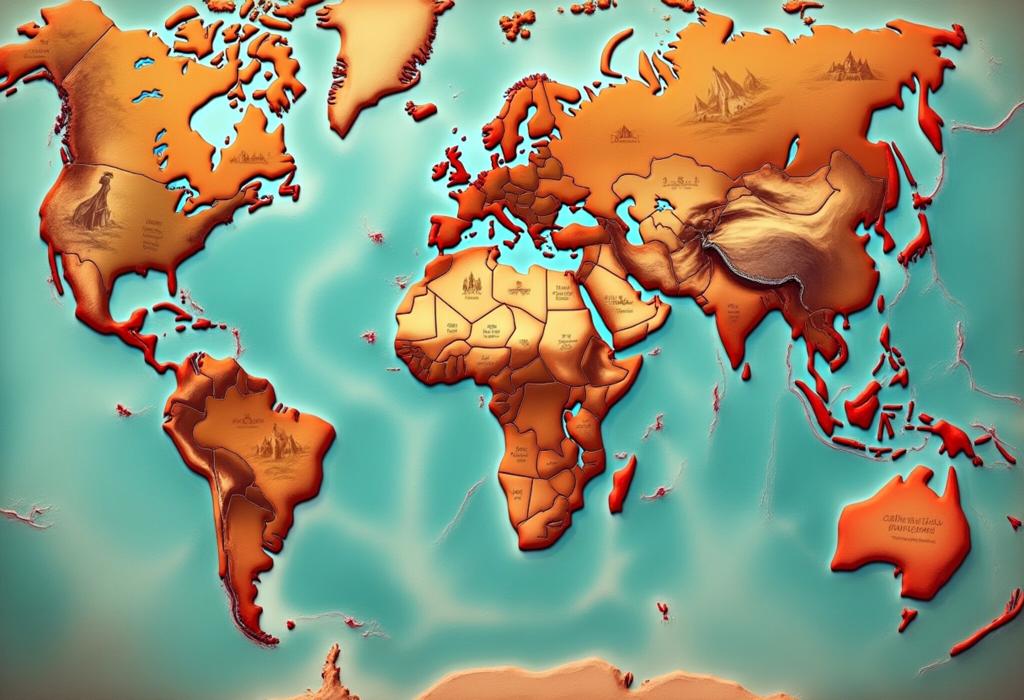For more details on this content, please review the step-by-step guide and frequently asked questions.
The Influence of Geography on Historic Events

Step-by-Step Guide
Defining Geography and Historic Events
Begin by understanding the concepts of geography and historic events. Geography refers to the physical features of the Earth, including its landforms, climate, and resources. Historic events are significant occurrences in history that have impacted societies, cultures, and nations.
Analyzing the Physical Geography
Explore the physical geography of different regions and how it influences human activity. For instance, mountain ranges like the Himalayas have acted as barriers to expansion and influenced trade routes. Identify specific mountain ranges and other geographical features that defined past societies.
Understanding Climate's Role
Investigate how climate impacts the development of civilizations. Different climates affect agriculture, which in turn influences population density and urban development. For example, the fertile land of Mesopotamia allowed early agricultural societies to flourish.
Resource Availability and Its Impact
Examine how the availability of resources such as water, minerals, and arable land influences economic and social structures. Countries rich in natural resources, like oil in the Middle East, often play pivotal roles in global politics due to their economic strength.
The Importance of Proximity to Water Bodies
Analyze how geographic proximity to rivers, seas, and oceans has shaped human history. Water routes have facilitated trade and colonization, while rivers like the Nile and Ganges have provided sustenance and served as cultural lifelines for civilizations.
Case Studies of Geographic Influence
Conduct case studies on specific historic events influenced by geography. Examples include the impact of the Silk Road on cultural exchange, the European colonization of America, and how the Atlantic Ocean influenced transatlantic trade.
Geography during Wars and Conflicts
Explore how geography influenced military strategies, outcomes of battles, and political boundaries during wars. Analyze examples like World War I trenches, Napoleon's invasion of Russia, and the strategic importance of the islands in the Pacific during World War II.
Urban Development and Geography
Investigate how geographic features and urban planning influence the growth and development of cities. Consider cities like Venice, which was built atop a lagoon, and how physical and geographic features can dictate urban architecture and transportation systems.
Cultural Impacts of Geography
Analyze how geographical settings shape cultural identities, religious beliefs, and social practices. Study the role of the desert in shaping Bedouin culture or how the isolation of island nations influences their customs and traditions.
Conclusions and Reflections
Conclude by reflecting on the overarching themes of how geography impacts historic events. Discuss how the interplay of geography and history can provide insights into current global issues, and highlight the importance of geographical awareness in understanding today’s world.








